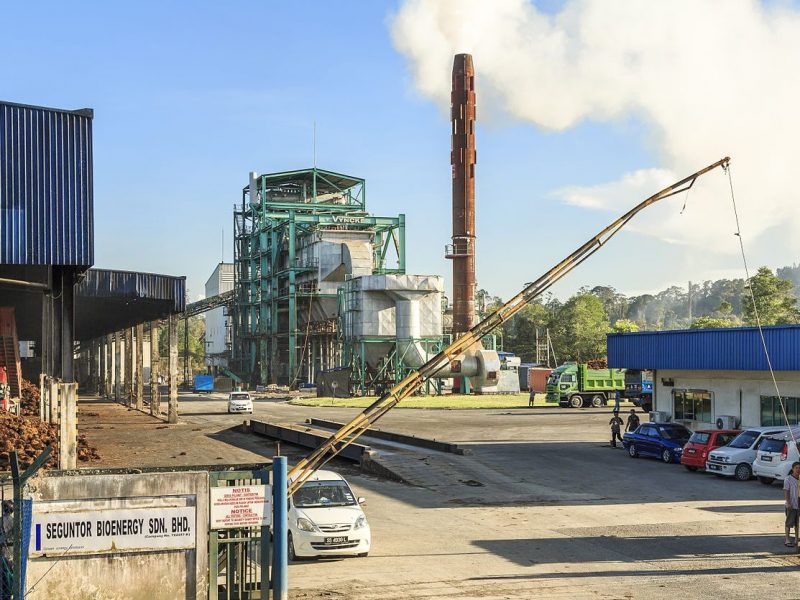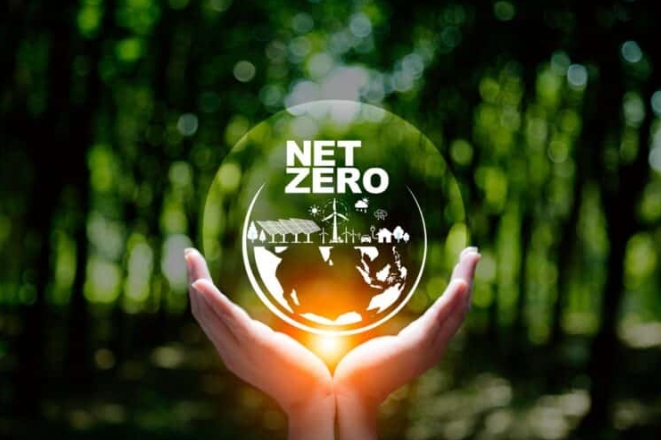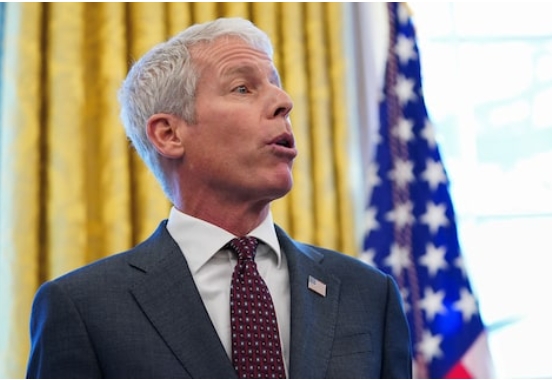IEA Bioenergy, the biofuel wing of the International Energy Agency (IEA), has promoted the potential for biomass to alleviate energy concerns amid the Covid-19 pandemic, drawing attention to the flexibility and long-term viability of the energy source.
 “Our focus is on collaboration, and it’s not just internal collaboration with our members,” said Jim Spaeth.
“Our focus is on collaboration, and it’s not just internal collaboration with our members,” said Jim Spaeth.
During a webinar hosted yesterday, chair of the IEA Bioenergy Executive Committee Jim Spaeth highlighted the flexible nature of biomass, and that it could see increased usage as traditional energy sources struggle amid the pandemic; he noted that worldwide energy demand is set to fall by 6%, seven times greater than the decline following the 2009 financial crisis.
“On the positive side, this reminds us of the flexibility bioenergy provides,” Spaeth said. “An example is that ethanol plants have been diverted to produce disinfectants, however in comparison that’s only a small volume.”
Spaeth went on to discuss the work of the IEA Technology Collaboration Programme (TEC), an initiative within IEA Bioenergy that works on a series of three-year “tasks” to further biomass research and develop biofuel infrastructure. The TEC has an annual budget of $2m and the support of 26 member countries, including China and the US, the two countries which made the greatest contribution to the world’s 130GW of biomass production as of 2018.







